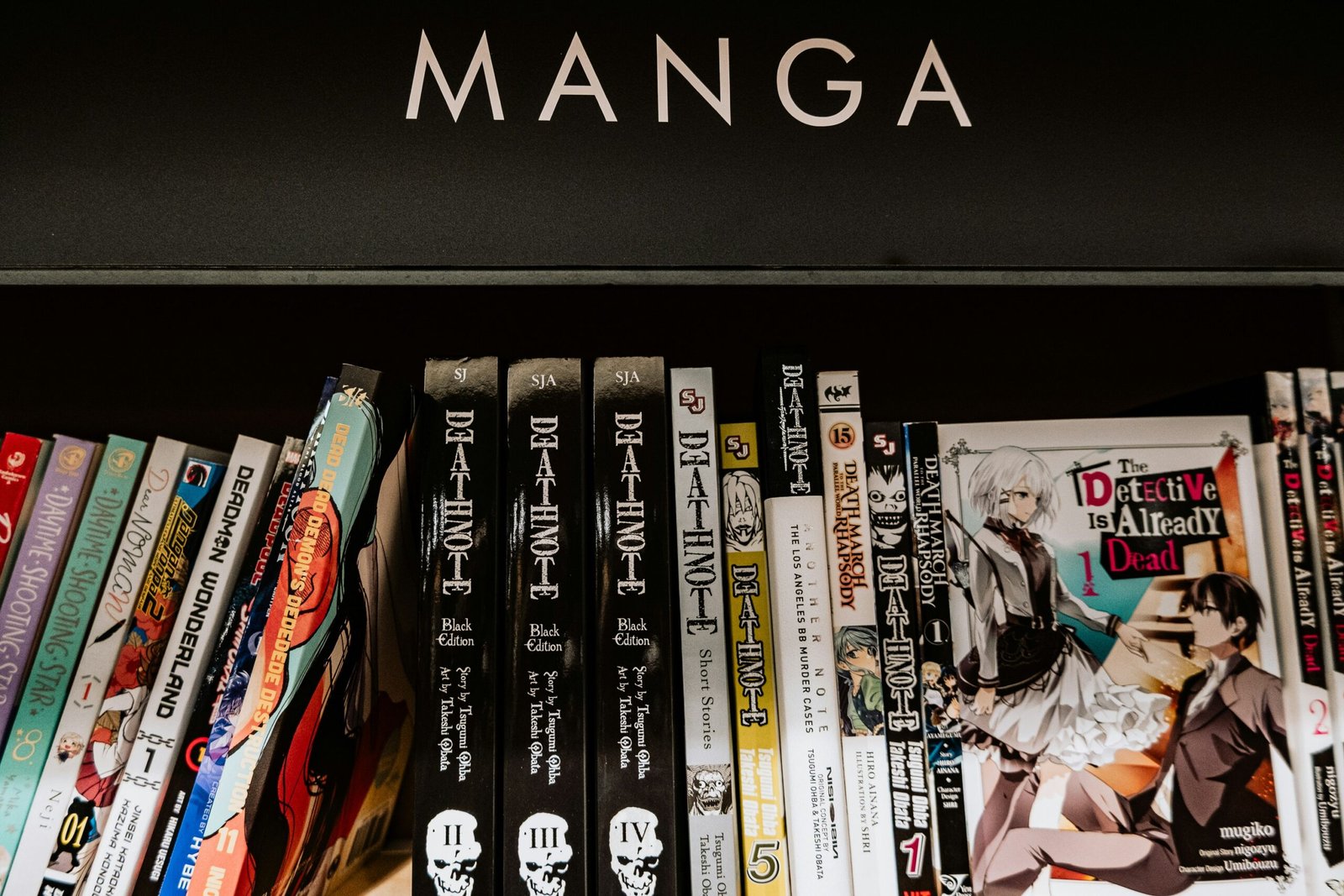In the vibrant world of manga, stories come alive with intricate art and captivating narratives. Yet, for many fans outside Japan, accessing these beloved tales can be a challenge. Enter Olympus Scanlation—a dedicated team on a mission to bridge that gap. With their free translations of Japanese manga, they’re transforming how global audiences experience these masterful works. Whether you’re an avid reader or just curious about this fascinating realm, the impact of Olympus Scanlation is undeniable. Join us as we delve into their journey and explore what makes them such an essential part of the manga community today.
The process of translating Japanese manga
Translating Japanese manga is a meticulous art form. It begins with reading the original text, understanding the nuances of both language and culture. Each panel holds meaning that must be conveyed accurately.
Next comes the translation itself. Translators focus on not just words but also tone and emotion. They aim to capture the spirit of characters while making it relatable for an international audience.
Once translated, editors step in for refining. They ensure clarity and coherence, adjusting phrasing without losing essence. Dialogue often requires careful balancing; humor or slang may need creative alternatives.
After editing, typesetting takes place where translated text fits into speech bubbles seamlessly. This visual aspect is crucial in preserving the manga’s original style.
Proofreading ensures accuracy before sharing with fans worldwide, creating an authentic experience that transcends borders while respecting cultural integrity.
Impact of Olympus Scanlation on global fans
Olympus Scanlation has significantly transformed the way global fans access Japanese manga. With their free translations, they bridge the gap between cultures and languages. Fans who previously struggled to find English versions can now enjoy a vast array of titles.
The community surrounding Olympus Scanlation thrives on engagement. Readers connect through forums and social media, sharing recommendations while discussing favorite series and characters. This interaction fosters a strong sense of belonging among diverse readers worldwide.
Moreover, Olympus Scanlation helps elevate lesser-known works that might not receive official translation support. By spotlighting niche genres or indie creators, they expand what’s available to fans everywhere.
Their efforts also influence mainstream publishers by showcasing demand for particular series or styles. In this way, Olympus Scanlation plays an important role in shaping trends within the wider manga industry globally.
Challenges faced by the team and how they overcome them
The journey of Olympus Scanlation isn’t without its hurdles. Translating intricate Japanese texts into fluid English requires not just linguistic skills but also cultural understanding. The nuances can often get lost in translation.
Additionally, the team faces tight deadlines, balancing personal lives and day jobs while pursuing their passion for manga. This intense schedule can lead to burnout among members.
To combat these challenges, they prioritize open communication within the group. Regular meetings help streamline workflows and share workload effectively.
They also foster a supportive environment where collaboration thrives, ensuring that each member feels valued and motivated.
Embracing technology is another tactic; using software tools enhances efficiency during the translation process, making it easier to tackle complex dialogue or artwork intricacies.
Each challenge becomes an opportunity for growth as the team learns from setbacks and celebrates small victories along the way.
Controversies surrounding scanlations and their impact on the industry
Scanlations have sparked a heated debate within the manga community. Some argue that they undermine the hard work of creators and publishers. When fans access free translations, it raises questions about copyright infringement and intellectual property rights.
Others see scanlations as a bridge to wider audiences. They bring titles that might not otherwise reach international markets into the hands of eager readers. This exposure can lead to increased interest in official releases.
However, this grey area creates tension between loyal fans and industry stakeholders. While some support fan efforts for accessibility, others feel threatened by potential revenue loss.
The discussion around scanlation is complex. It reflects broader issues of globalization in media consumption and fandom culture’s evolving landscape. As online communities grow, so too do differing opinions on what constitutes fan engagement versus piracy.
Future plans for Olympus Scanlation and the manga community
Olympus Scanlation is continuously evolving. The team envisions expanding its library to include more genres, catering to diverse reader interests. By exploring niche titles, they aim to introduce hidden gems that deserve a spotlight.
Engagement with the community remains a priority. Olympus plans on hosting virtual events and discussions where fans can share their thoughts on recent translations or suggest new projects. This interaction fosters a vibrant culture around manga appreciation.
Collaborations are also in the works. Partnering with emerging artists and translators will not only diversify content but also build connections within the global manga scene. It’s about creating an inclusive environment for everyone passionate about this art form.
As technology advances, Olympus intends to explore innovative platforms for distribution. Mobile apps and interactive online spaces could enhance user experience while making access even easier for fans worldwide.
Conclusion: The importance of promoting diversity and accessibility in manga translation
The world of manga is rich and diverse, offering stories that resonate with readers across the globe. Olympus Scanlation plays a crucial role in this landscape by making Japanese manga accessible to fans who may not have the means to read it in its original language. Their commitment to free translations ensures that everyone has the opportunity to enjoy these captivating narratives.
Promoting diversity through translated works helps bridge cultural gaps. Fans can immerse themselves in different stories and perspectives, enriching their understanding of various cultures. Accessibility is equally vital; without initiatives like Olympus Scanlation, many beloved titles would remain out of reach for non-Japanese speakers.
As more readers discover the joy of manga through these translations, they foster a deeper appreciation for the art form. This growing interest encourages creators and publishers alike to invest in diverse voices within the industry, ultimately benefiting everyone involved—readers, artists, and translators.
By supporting efforts focused on translation accessibility and diversity awareness, we contribute positively to a global community united by shared passions. The work done by organizations like Olympus Scanlation serves as an essential reminder: every story deserves an audience.

